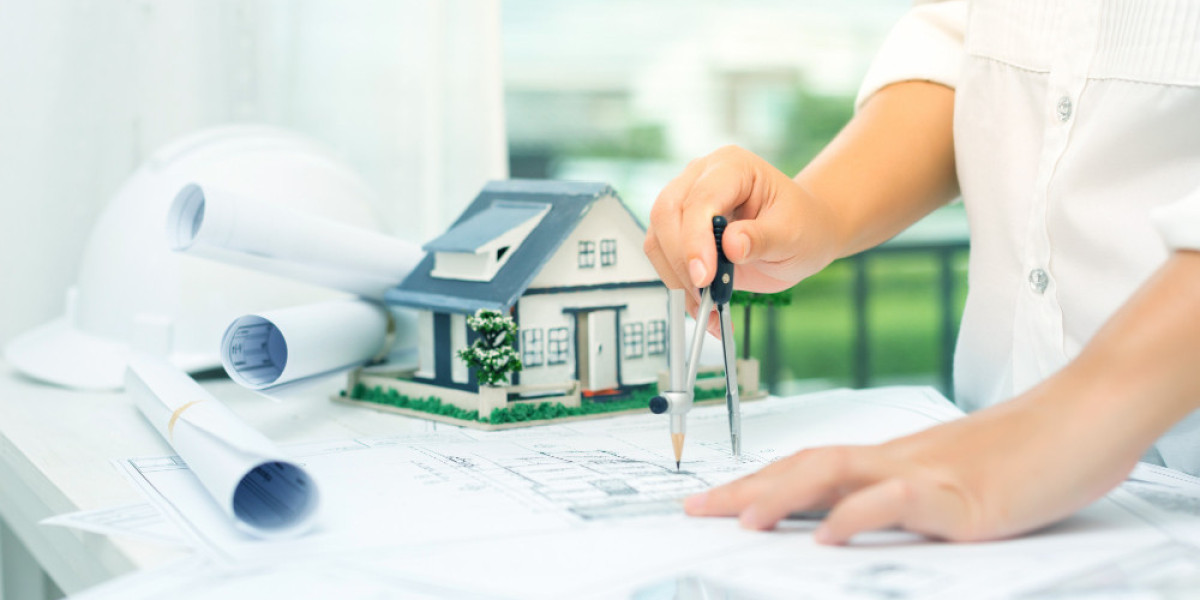Property development in Australia offers lucrative opportunities for those willing to take the plunge into the real estate market. From residential to commercial projects, the potential for growth and profit is substantial. However, venturing into property development requires careful planning, research, and execution. If you're wondering how to start in property development in Australia, this comprehensive guide will walk you through the essential steps to kickstart your journey.
Introduction to Property Development
Property development involves purchasing, renovating, or building properties to improve their value for resale or rental purposes. It's a multifaceted process that requires expertise in various areas, including real estate, construction, finance, and marketing.
Why Consider Property Development in Australia?
Australia's stable economy, growing population, and robust real estate market make it an attractive destination for property developers. With demand consistently outstripping supply in many areas, there's ample opportunity for investors to capitalize on the country's property market.
Research and Education
Know the Market Trends
Before diving into property development, it's crucial to conduct thorough market research. Understand current trends, demand-supply dynamics, and emerging opportunities in different regions across Australia.
Get Educated on Property Development Laws and Regulations
Familiarize yourself with local planning laws, zoning regulations, and building codes applicable to property development in Australia. Consider taking courses or seeking guidance from industry experts to gain a deeper understanding of legal requirements.
Financial Planning
Budgeting and Financing Options
Create a detailed budget outlining your projected costs for land acquisition, construction, marketing, and other expenses. Explore financing options such as bank loans, private investors, or joint ventures to fund your property development projects.
Assessing Risks and Returns
Evaluate the potential risks and returns associated with each project carefully. Conduct feasibility studies to determine the profitability of your ventures and develop contingency plans to mitigate risks.
Finding the Right Location
Researching Potential Areas
Utilize online resources, market reports, and demographic data to identify promising locations for your property development projects. Consider visiting potential sites to assess their suitability firsthand and gather insights from local residents and businesses.
Acquiring Land
Buying vs. Leasing
Decide whether to purchase land outright or enter into lease agreements with landowners. Evaluate the pros and cons of each option based on your project's requirements, budget, and long-term objectives.
Negotiating Deals
Negotiate terms and prices with landowners or sellers to secure favorable deals. Engage with real estate agents or property consultants to assist you in the negotiation process and ensure that you get the best value for your investment.
Design and Planning
Working with Architects and Engineers
Collaborate with experienced architects and engineers to develop detailed plans and designs for your property development projects. Ensure that your designs comply with local building regulations and meet the needs of your target market.
Obtaining Necessary Approvals
Navigate the planning approval process by submitting applications to relevant government authorities. Prepare comprehensive documentation and address any concerns raised by planning officials to obtain necessary permits and approvals for your projects.
Construction Phase
Hiring Contractors
Engage reputable contractors and construction firms to execute your building plans. Conduct due diligence to select contractors with proven track records, quality workmanship, and adherence to deadlines.
Managing the Building Process
Oversee the construction process closely to ensure that work progresses according to schedule and budget. Address any issues or delays promptly and maintain open communication with contractors and project stakeholders.
Marketing and Sales
Creating a Marketing Strategy
Develop a comprehensive marketing strategy to promote your property development projects to potential buyers or tenants. Utilize online and offline channels, including websites, social media, print ads, and real estate agents, to reach your target audience effectively.
Selling or Renting Out the Properties
Conclusion
Starting in property development in Australia can be a rewarding venture for individuals with a passion for real estate and a willingness to navigate the complexities of the market. By following the steps outlined in this guide and leveraging your knowledge and resources, you can embark on a successful journey as a property developer. Remember to stay informed, adaptable, and proactive in addressing challenges and seizing opportunities along the way.















